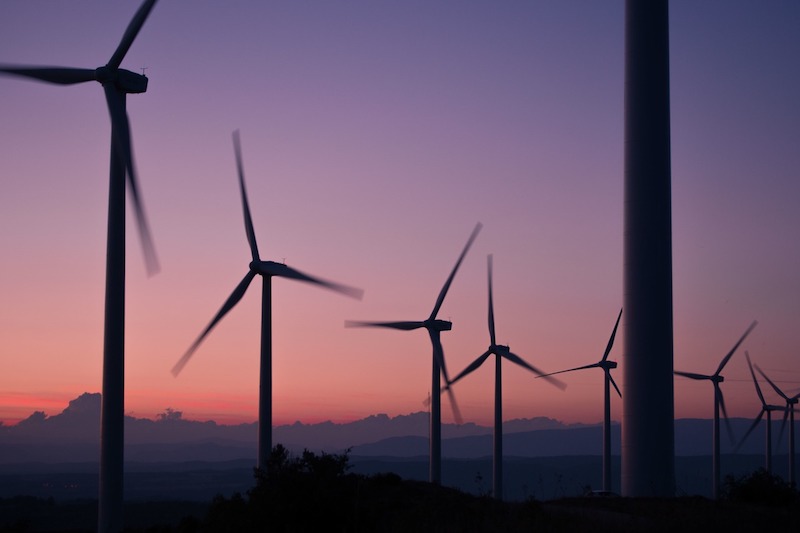Pledges by governments and multinational corporations to make buildings net-zero carbon are critical to carbon reduction goals. And, commitments have been adding up in recent years.
The World Green Building Council (WGBC) has gained notable adherents to its Advancing Net Zero buildings initiative. This project aims to have every building produce net-zero carbon emissions by 2050.
In fact, some 62 businesses, 28 cities, and six states have signed on to be WGBC’s leaders in this initiative by committing to make all their buildings net-zero carbon-emitting by 2030 or sooner. California, with 16 million buildings, has signed onto the commitment, along with businesses such as design firm Atelier Ten, healthcare real estate investment trust Assura, and retail center developer Wereldhave.
There are 1 billion buildings in the world, and the total global building footprint is expected to double by 2060. It’s hard to know how many buildings are operating today at net-zero because of the difficulty in tracking the amount of renewable energy supplied by the grid. WGBC is working on this problem.
When companies such as Salesforce commit to constructing all new buildings to net-zero specifications, including a new tower in Dublin, they accelerate the effort. WGBC will allow any credible third party, such as LEED, to do the certification.
Related Stories
Legislation | Mar 28, 2022
LEED Platinum office tower faces millions in fines due to New York’s Local Law 97
One Bryant Park, also known as the Bank of America Tower, in Manhattan faces an estimated $2.4 million in annual fines when New York City’s York’s Local Law 97 goes into effect.
Codes and Standards | Mar 24, 2022
New York senate moves to speed up fossil fuel ban in new buildings
Lawmakers in the New York State Senate are backing a proposal to ban fossil fuels in new building construction three years sooner than a plan proposed by Gov. Kathy Hochul.
Codes and Standards | Mar 23, 2022
High office vacancies have cities rethinking downtown zoning
As record-high office vacancies persist in U.S. urban areas, cities are rethinking zoning policy.
Codes and Standards | Mar 22, 2022
Dept. of Energy awards $32 million for next-generation building retrofits
The U.S. Dept. of Energy has awarded a total of $32 million for more than 30 next-generation building retrofit projects that will dramatically improve affordable housing technologies, according to a DOE news release.
Legislation | Mar 18, 2022
New framework to help site community solar projects released
The Solar Energy Industries Association (SEIA) released a new report to aid policymakers in siting community solar projects.
Codes and Standards | Mar 17, 2022
Dept. of Energy seeks input on building-integrated photovoltaic systems
The U.S. Department of Energy (DOE) Solar Energy Technologies Office (SETO) and Building Technologies Office (BTO) recently issued a request for information to gather input on technical and commercial challenges and opportunities for building-integrated photovoltaic (BIPV) systems.
Legislation | Mar 16, 2022
Weak federal commercial real estate rules will hamper seizing Russian assets
Lax disclosure regulations that have made the U.S. a global hot spot for money laundering via real estate holdings will make it difficult for officials to seize properties from Russian oligarchs.
Codes and Standards | Mar 15, 2022
First company awarded Fitwel Certification in Senior Housing for Occupant Health & Wellness
The Springs at Greer Gardens in Eugene, Ore., is the first property to earn a Fitwel global health certification under the newly created senior housing scorecard.
Codes and Standards | Mar 10, 2022
HOK offers guidance for reducing operational and embodied carbon in labs
Global design firm HOK has released research providing lab owners and developers guidance for reducing operational and embodied carbon to meet net zero goals.
Codes and Standards | Mar 7, 2022
Late payments in the construction industry rose in 2021
Last year was a tough one for contractors when it comes to getting paid on time.

















